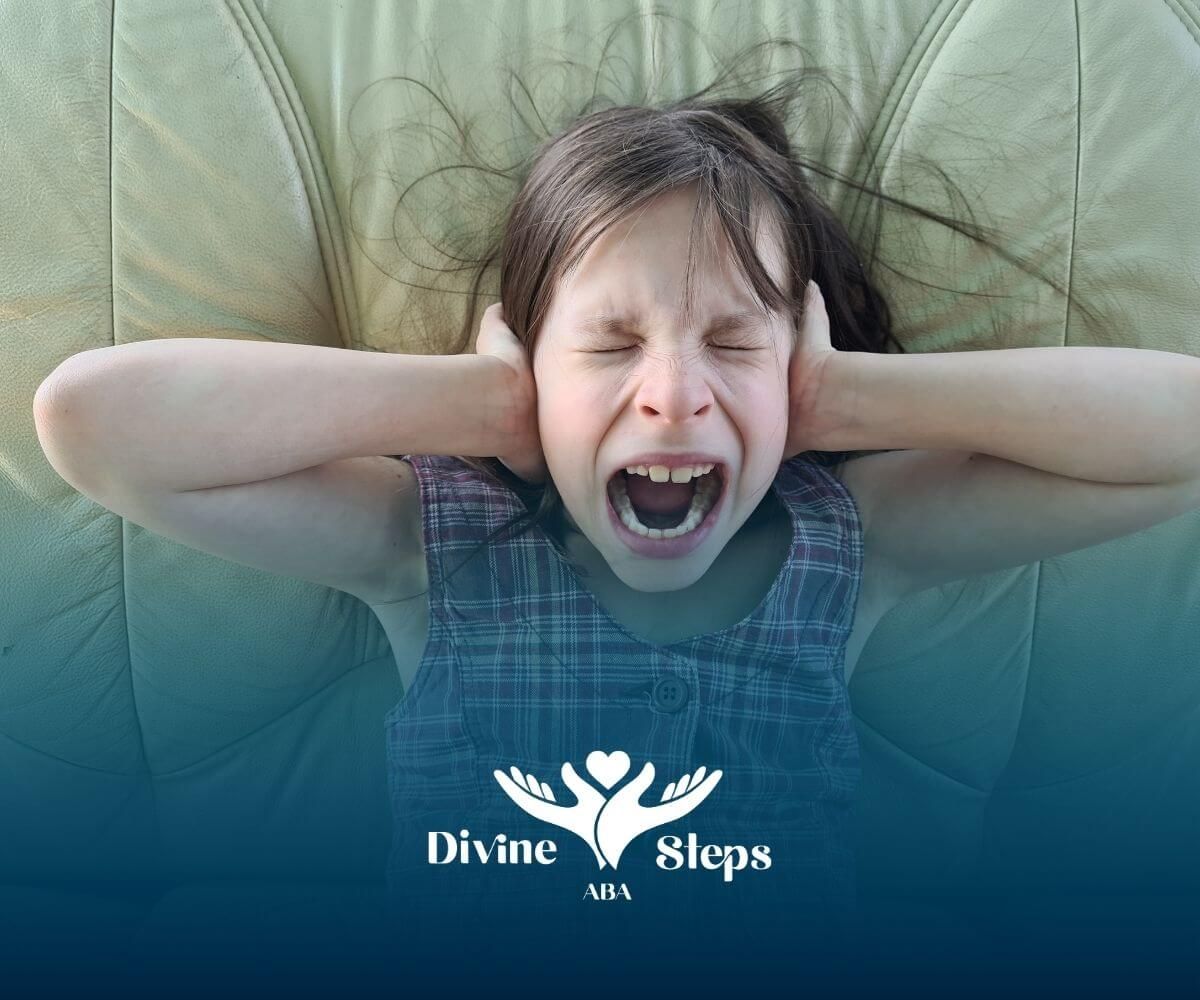Website by CWS
Subtle Signs of Sensory Overload in Children with Autism
As parents of children with autism or developmental differences, we often look out for the obvious signs of discomfort. But sensory overload isn’t always easy to spot. Sometimes the signals are subtle, and children may struggle to explain what they’re feeling.
We’ve seen many families share that they only realized later that what looked like “acting out” was really their child experiencing sensory overload.
Understanding these signs can make a huge difference. When we catch them early, we can step in with support before things escalate.
Signs of Sensory Overload
Covering or Avoiding Senses in Quiet Ways
A child might cover their ears, squint in bright light, or turn away from busy spaces. It’s easy to dismiss this as fussiness, but it can be a strong sign of overload.
Sudden Irritability or Mood Shifts
If your child goes from calm to upset quickly, it may not be about behavior—it could be that the environment feels overwhelming.
Withdrawal or “Shutting Down”
Some kids don’t act out when overloaded. Instead, they might go quiet, stop responding, or retreat to a corner to cope.
Difficulty Focusing
When too much is happening around them, a child may struggle to follow directions or complete simple tasks.
Physical Discomfort
Chewing on clothes, tapping fingers, or constant movement can sometimes be a way of managing sensory stress.
At Divine Steps ABA, we help parents recognize and respond to these signs with compassion. Our autism evaluation can identify sensory challenges early, and our in-home ABA therapy programs give children strategies to manage overwhelm in real-life settings.
Families across Maryland, Virginia, and North Carolina rely on us to provide compassionate ABA therapy that supports both children and parents.
If you’ve noticed these signs in your child, reach out—we’d love to help you create a calmer, more positive path forward.
FAQs
What causes sensory overload in children with autism?
Sensory overload happens when sights, sounds, textures, or other inputs overwhelm the nervous system, making it hard to cope.
Is sensory overload the same as a meltdown?
Not always. Overload can lead to a meltdown, but sometimes it shows up as withdrawal, irritability, or shutting down.
Can ABA therapy help with sensory challenges?
Yes. ABA therapy can teach coping strategies and help children manage environments that feel overwhelming.
Sources:
- https://www.healthline.com/health/sensory-overload
- https://health.clevelandclinic.org/sensory-overload
- https://www.autismspeaks.org/sensory-issues
- https://www.autismspeaks.org/sensory-issues
- https://www.verywellmind.com/what-is-sensory-overload-5085110




